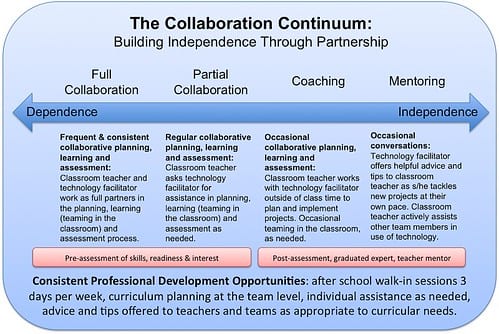A big distinction about coaching an the difference between life coaching and counseling or psychotherapy is that typically life coaches cannot diagnose within the psychological or psychiatric model and the focus of the coaching is meant to be more on future based outcomes instead of therapy focusing upon clients personal history.

Now, not every life coach has the sort of training necessary to be effective. One of the problems that I personally have a life coaching is that there could be a life coach for anything and typically tends to be an individual with a lot of opinions. This is not always the case of course and life coaching is more of a catchphrase than the specific profession because there are so many different roles that coaches play.
Counselors and psychologists in most cases have much more training an preparation for working with clients. However, psychology is its own field and an individual may feel as though psychotherapy and it basis may not be beneficial. There are many people who are a part of a religion nor have religious backgrounds and their belief system is centered around presuppositions of that specific religion. In some ways life coaching may offer more flexibility individual – especially someone who is adverse to diagnosis and the usage prescription pharmaceuticals.
I believe that life coaching certification can be a good process, however isn’t necessary in life coach to be effective. For example, Let’s say that there is an individual who hasn’t really had any professional successes or educational background that is geared to working with clients in a therapeutic setting; he or she might be relatively young and inexperienced. This person could be a candidate for a life coaching certification program because the training and credentials can help them have a guideline of how to work with clients and also demonstrate to their prospective clients that they do have some training and qualifications.
There are many people though who have had professional successes, have graduate degrees, and have excelled within a specific niche… This goes back to my original perspective of choosing to work with a life coach who has demonstrated that he or she has an idea of what they’re doing; essentially a plan in a way of getting you through problem states and to the results that you desire. The role of a life coach isn’t to tell you what to do, but rather to provide the foresight and inductive questions to guide you to the right answers for you within a specific context.
Finding the best life coach for you really depends upon what it is that you want to achieve. If you want to lose weight, then you probably don’t want to work with a life coach who is overweight, Or a life coach who is naturally thin because it’s obvious that neither of them can guide you to the outcome that you want.
Those who can’t, teach…
I had a really insightful mentor before I started graduate school and that quotation was something he would constantly say. He would also say if you can’t be successful to get into the school system and be a teacher because your students cannot disagree with you, and there is very little that the school system can do once you are tenured. On the other hand, if you’re really damn good at something and you want to make a difference, and you know how to create quantitative results that offer life coaching services and professional coaching.
I have decided to create a mostly product based business model because I can reach than most people at an inexpensive price for tools that they can use to enhance their personal development. I do work as a personal life coach for clients were looking to troubleshoot specific areas in their lives that typically pertaining to habits, beliefs and decision-making processes. Additionally, I have programs for men’s personal development and women’s personal development that are soon to be released. And I also find that I attract mostly business coaching clients who are entrepreneurs or executive level employees.
S.M.A.R.T. Goals in the context of business coaching signifies:
S-pecific – focus upon specific areas of improvement or change
M-easurable – if it can’t be measured it doesn’t matter (in business operations)
A-ttainable – have a goal that is achievable using current resources
R-ealistic – verify the achievability of the goal(s)
T-ime Related – set time-based goals using specific dates
These critiria establish a powerful means of goal achievement within business operations and business / executive coaching.
There are numerous niches for coaching, but in my perspective, there are typically two major categories: personal and professional coaching. Interestingly, I believe that both overlap as it is nearly impossible to separate one's personal life from one's professional life. Below are common coaching niches that my services cover.

Business coaching helps to cut through distractions, increase your performance, find your focus, define the scope of your role, and pinpoint your reason “why” you’re doing what you're doing.

Executive coaching helps the coachee utilize coaching techniques to facilitate the individual growth of team members while improving workplace performance and goal-achievement.

The role of a life coach is in many ways to be that of a cheerleader or an avatar that keeps you encouraged, motivated and with your primary objectives and goals in mind.

Personal development coaching focuses upon improving self-awareness, create an empowering identity, enhancing one’s quality of life, determining one’s primary life purpose, and developing necessary resources.

Neuro-linguistic programming (NLP) coaching is focused upon self-awareness enhancement, goal achievement strategies, interpersonal communication, and understanding human behavior through flexible, subjective perspectives.

Leadership coaching is primarily focused on helping organizational leaders to gain a solid sense of identity, purpose, motivation, empowering resources, goal setting strategies, and synergistically using coaching to realize one's full potential.